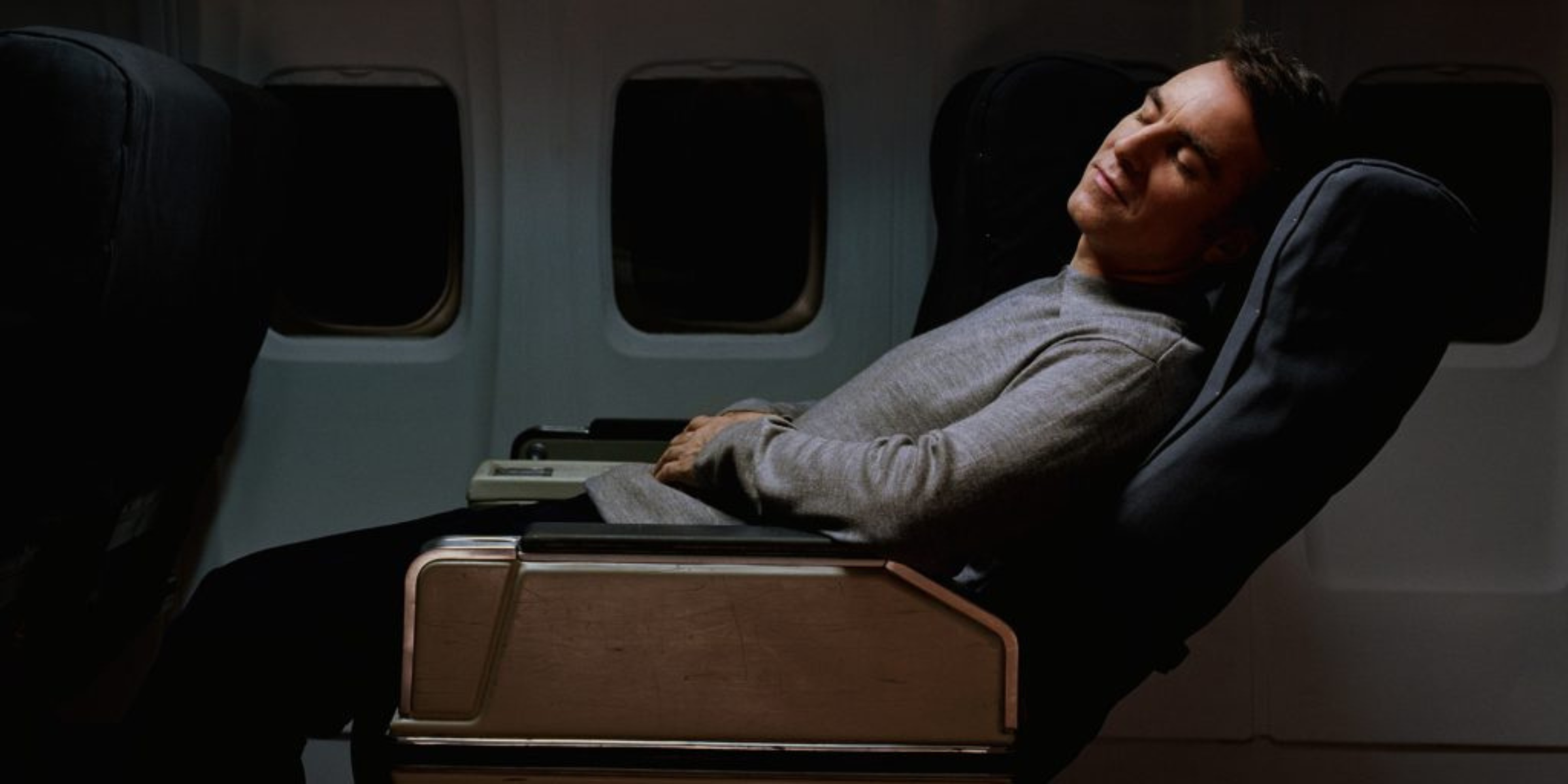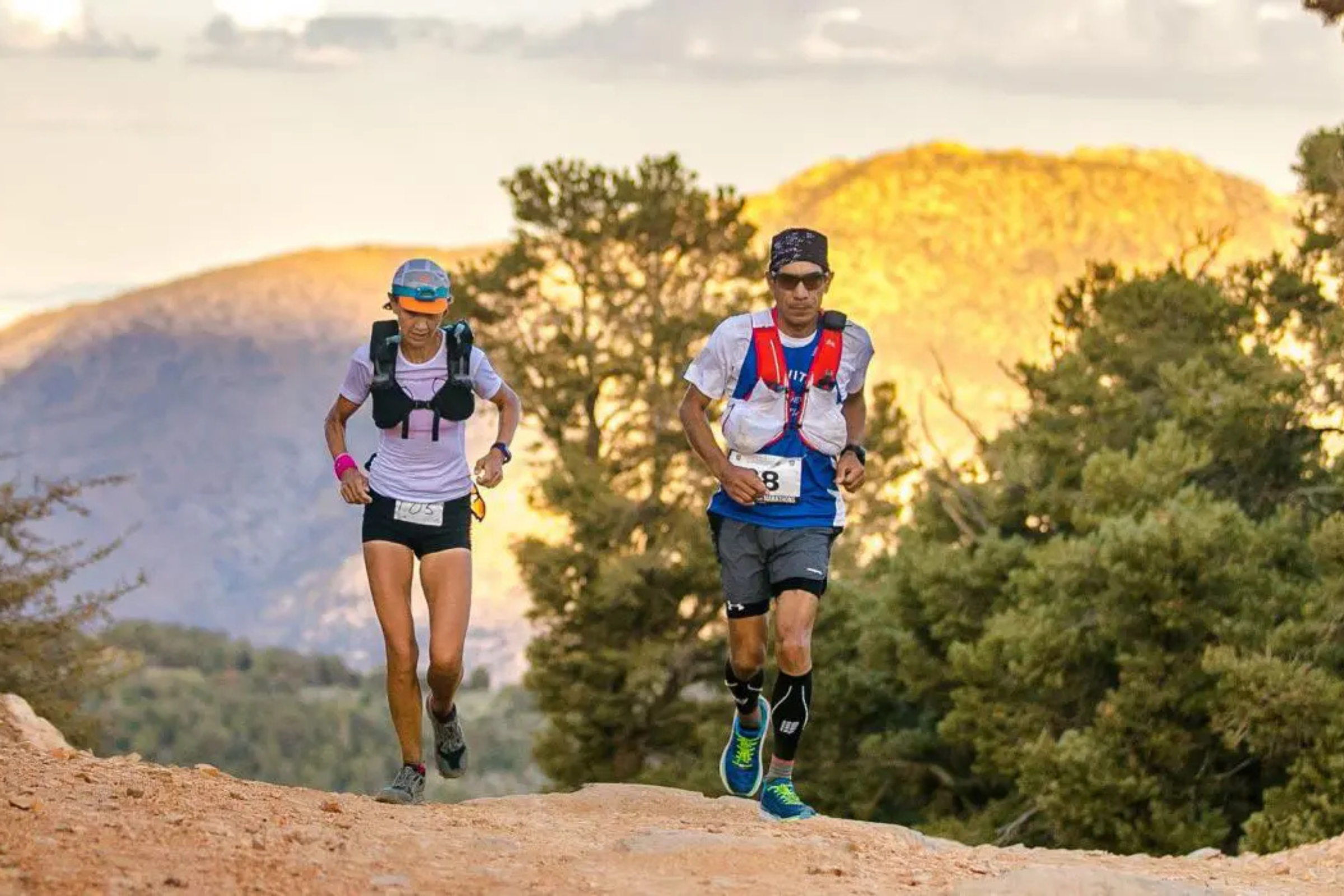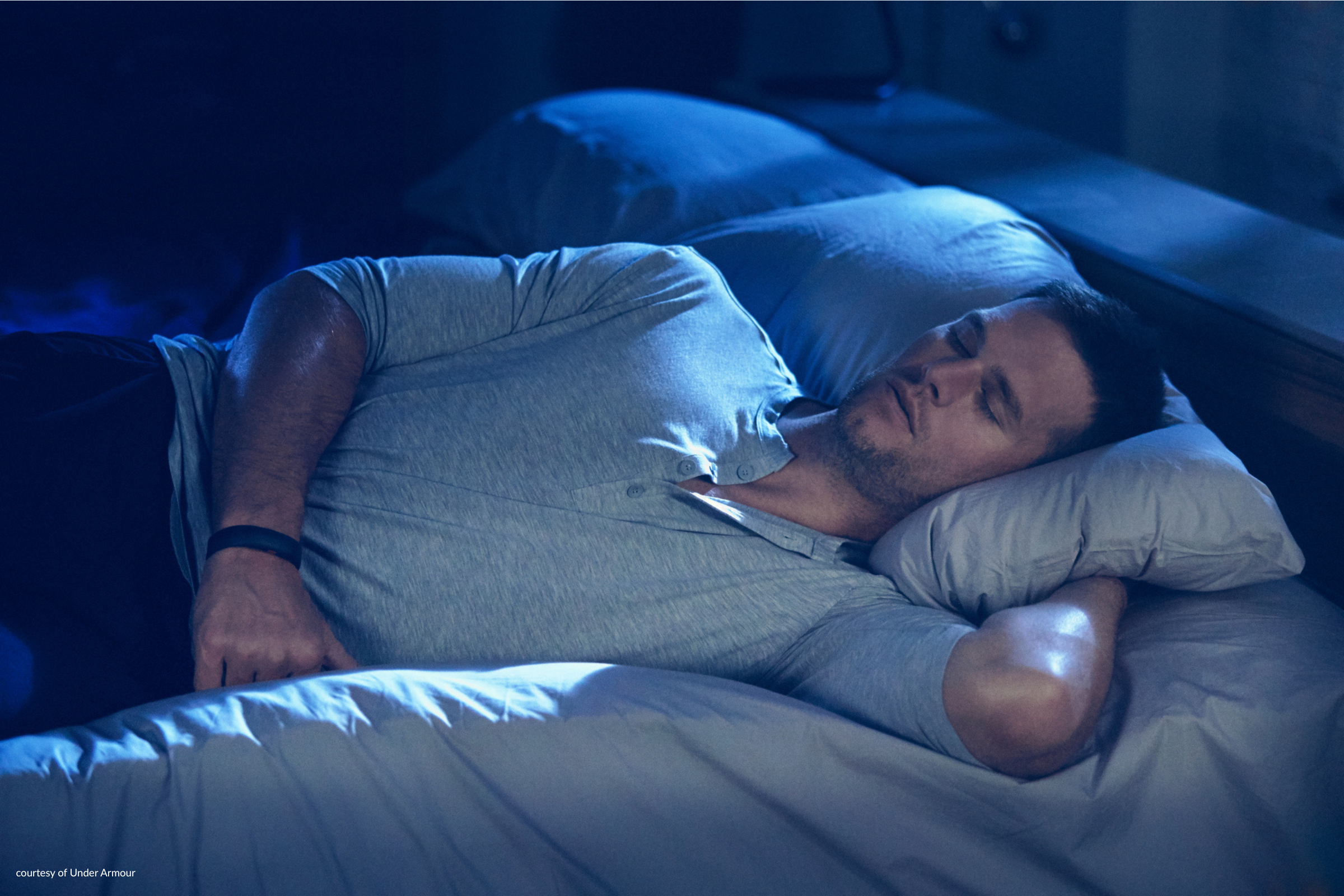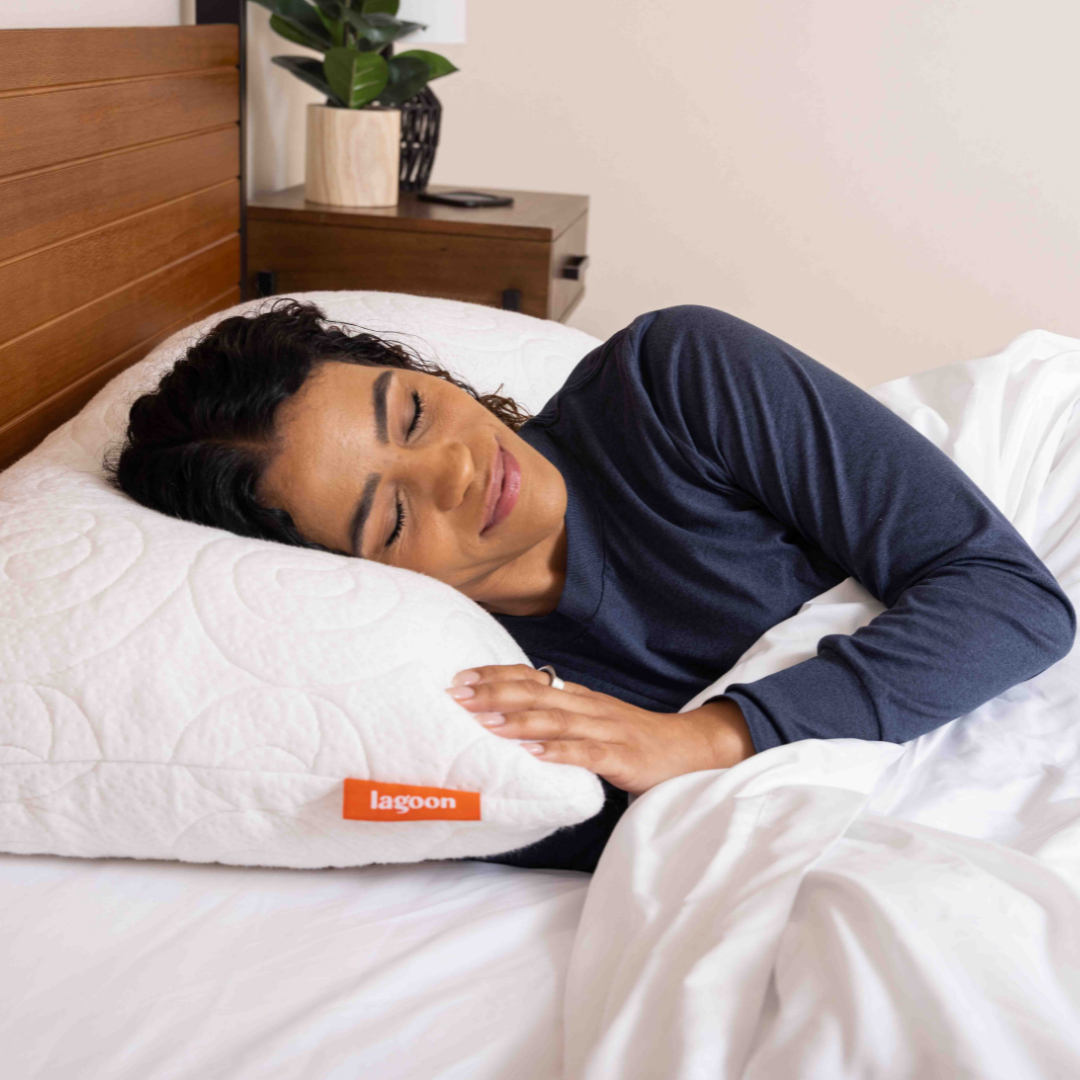👋 Hey pack members,
Who has a tougher task in managing their sleep - Wrexham AFC on their tour of the US or the best golfers on the PGA tour? Find out now, and catch all the other major sleep & fitness highlights this week. Let’s get into it…
⚽️🧬 Wrexham Tackles Demanding US Tour with Sleep Science
Wrexham AFC, recently made famous by their celebrity owners Ryan Renolds and Rob McElhenny, recently completed a challenging tour across the US where they covered over 13,000 miles over two weeks. To make the trip fruitful they underwent careful planning including the strategic use of sleep science and the engagement of a top sleep professional. One specific strategy they employed was taking 50-55 minute nap on the travel days to adjust to the time zone changes. Head of Performance, Kevin Mulholland, explained that they decided to play the first game on the east coast (with a five-hour time difference to the UK), to help players adjust to the changes moving onto their west coast stops in LA and San Diego. Mulholland also underscored how sleep hygiene has been a focus, advising players on best practices such as avoiding TV, social media, and bright screens before going to bed.
💊 Comparing Melatonin, CBD, and Other Popular Sleep Supplements
What’s your go-to sleep supplement? Or are you going clean? This week the Washington Post highlighted how the pursuit of quality sleep is leading many Americans to explore various supplements, with melatonin, CBD, and magnesium being the most popular. According to a 2022 survey, about one in three Americans have taken supplements to enhance their sleep.
Melatonin, a hormone that signals our brain it's bedtime, is found to help people fall asleep about seven minutes faster on average. However, prolonged high doses should be avoided, warns Selena Chan, an associate director at UCSF's Osher Center for Integrative Health. Then there’s CBD, derived from hemp or marijuana, which is used by some to alleviate anxiety and promote sleep. However, research in this area is still in its infancy. Finally, other supplements like magnesium, iron, and vitamin D have been linked with sleep quality, but the scientific research on their effectiveness is new and varied. Ultimately, while supplements can offer some help, they're not a cure-all solution. I may sound like a broken record, but it all starts with a good sleep routine and consistency!
📲 How to improve your sleep schedule in a tech-driven world
As our lives become increasingly digitized, it's a truly worthwhile endeavor to study the interplay between technology and our sleep health. This article dives deep into the complexity of our sleep hygiene, especially with the omnipresence with technology. Some of the potential negative impacts of technology on sleep include the suppression of melatonin production due to blue light emitted by our devices; cognitive stimulation from engaging content before bedtime; social media-induced anxiety, and the risk of developing sleep disorders due to irregular sleep patterns. However, it's not all doom and gloom - the article also provides practical advice on how to use technology to our advantage - like using tech-based tools to aid sleep, including sleep-tracking apps, blue light filters, calming apps, and smart home integration. So while technology can disrupt our sleep, it can also be harnessed to improve it - it's all about setting limits, relaxing, and properly prioritizing sleep in this tech-driven world.
⛳️ The Art of Recovery: A Look into the Regimes of Touring Golfers
Constant travel can be tough on the body and mind - and golfers who often spend their weeks participating in tournaments, practice rounds, and rigorous workouts are a great example of this. The task of recovery is a demanding one, as was highlighted this week in USA today. To address mental and emotional recovery, some golfers are known to incorporate mindfulness, meditation and religious practices into their routine to manage stress and stay focused. And physically, the players use exercise, hydration and sleep to combat concerns of travel and jet lag. One notable example is from professional golfer Jon Rahm, who shares, “If you have time and [access to] a gym or whatever it may be, get a little bit of exercise in… to get the blood flowing a little bit more so your body can just naturally recover and get things moving.” This holistic approach to well-being, combining both physical and mental recovery techniques, is proving to be a difference maker for golfers, and may start to determine who we see rising to the top of the leaderboard each week.
🕵️ The Mystery of Midnight Awakenings and How to Return to Slumber
If you've found yourself jolting awake at 4 a.m. and struggling to fall back asleep, you're not alone. Occasional nighttime awakenings are commonplace and typically aren't a cause for concern.
In fact, there are several factors that might cause you to wake up in the middle of the night, such as noises, late-night alcohol consumption, eating close to bedtime, stress, and age-related changes in sleep quality. If you do wake up in the middle of the night and struggle to go back to sleep, experts recommend resisting the urge to check the time or phone notifications, which can easily lead to lost sleep. Avoiding bright light, engaging in relaxation techniques, and even temporarily leaving the room can help return you to a sleepy state. That said, the real key might be in prevention. Maintaining a consistent sleep and wake schedule, getting morning sunlight exposure, limiting caffeine and large meals close to bedtime, and making your bedroom dark and cool can all contribute to a lower likelihood of waking up in the middle of the night.
That's it for this week's sleep news highlights. Stay tuned for more exciting updates on optimizing your sleep and health, and remember to follow @lagoonsleep on Instagram for your daily dose.







